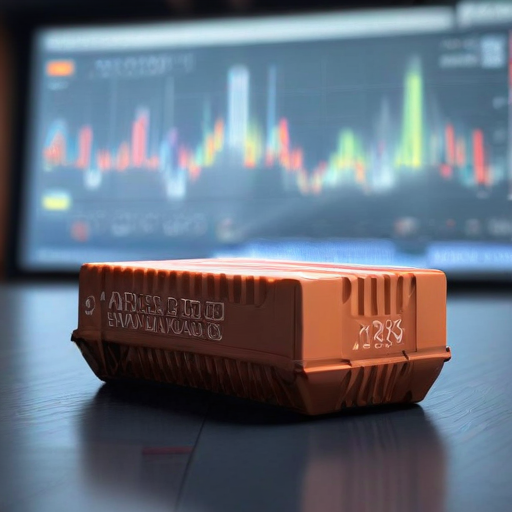As the United States contemplates more stringent trade restrictions aiming to limit the availability of advanced chip technology to China, Nvidia, a prominent U.S.-based semiconductor manufacturer, is reportedly developing a modified version of its latest artificial intelligence chips to align with these regulations.
Sources have informed Reuters that Nvidia is collaborating with a local partner, Inspur, to introduce the new chip, tentatively named the “B20,” in the Chinese market. Shipments of the B20 are expected to commence in the second quarter of 2025. While Nvidia has chosen not to comment on these developments, the company’s efforts highlight its adaptability in navigating the complexities of international trade and regulatory landscapes.
Moreover, Nvidia has already designed three chips tailored to meet existing U.S. export controls, including the H20 chip. Recently, Nvidia reduced the prices of the H20 to enhance its competitiveness against local rival Huawei’s offerings in the Chinese market. Interestingly, sales of the H20 chip have been on the rise, with estimates indicating over one million units are likely to be sold in China this year, generating approximately $12 billion in revenue, despite ongoing trade hurdles. This figure is reportedly almost double Huawei’s projected sales of its Ascend 910B chip.
However, analysts from Jefferies have expressed concerns regarding the potential risks facing Nvidia’s H20 chips under forthcoming U.S. trade regulations. Anticipated reviews of semiconductor export controls taking place in October may result in bans that could affect the H20 chip, with possible restrictions being classified by product, limitations on computing power, or caps on memory capacity.
Additionally, experts suggest that the U.S. could further tighten export controls on chips destined for other Southeast Asian countries or even extend such measures to overseas Chinese entities, despite the implementation challenges this may pose.
This scenario highlights the ongoing competition in the semiconductor sector, as companies like Nvidia continuously adapt to evolving trade policies while striving to maintain their market presence globally. As regulations modify the landscape of international trade, the innovative responses from companies could foster a more resilient semiconductor industry.
In summary, while emerging trade restrictions present challenges, they also catalyze innovation and adaptation within the tech industry, underscoring the resilience of companies like Nvidia amidst geopolitical tensions.
